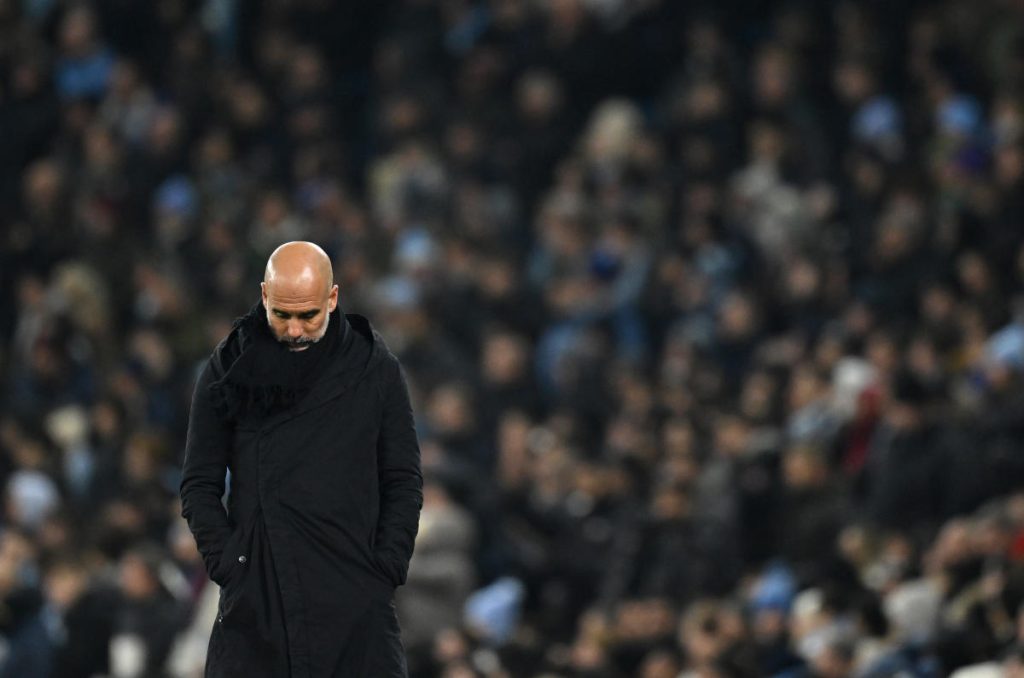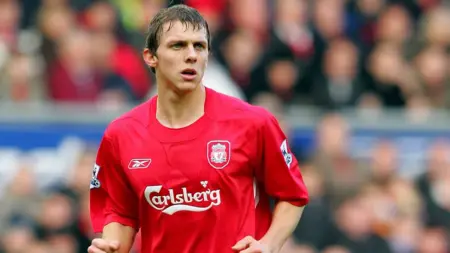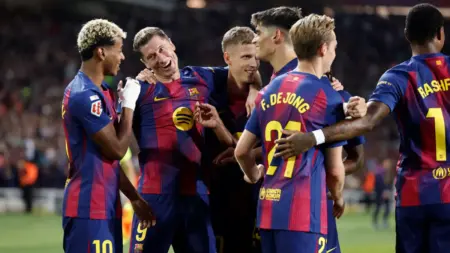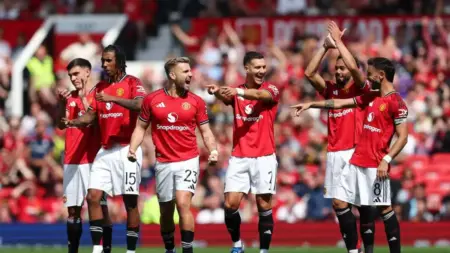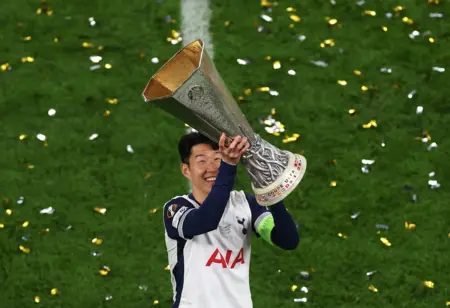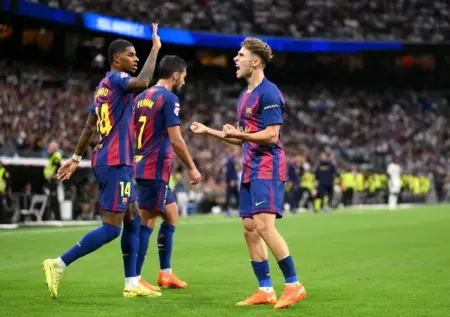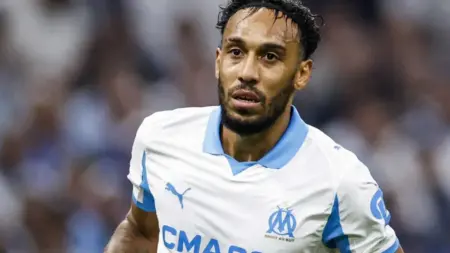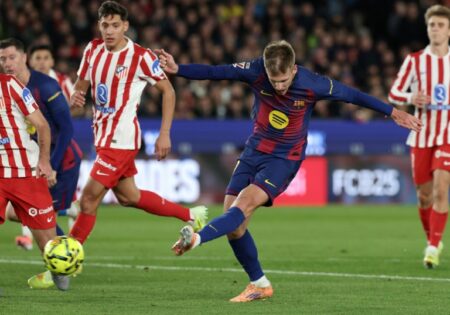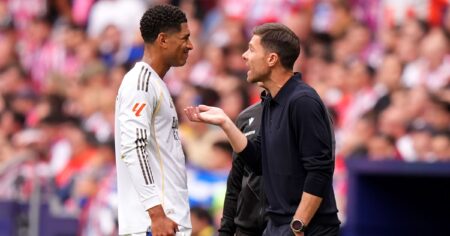A Night of Heartbreak in Madrid
In a game that will likely haunt Manchester City for a long while, their encounter with Real Madrid on Tuesday night ended in a harrowing 3-2 defeat. The loss, marked by two late goals from Real Madrid, has put City on the brink of Champions League elimination. Despite a valiant effort throughout the match, City’s inability to maintain a lead, particularly in the latter stages, has become a recurring theme this season. As the final whistle blew, the disappointment was evident on the faces of the players and in the words of their manager, Pep Guardiola.
Guardiola’s Reflection on a Familiar Issue
In his post-match interview, Guardiola candidly addressed the recurring issue of his team’s late-game collapses. "Today was tight and in certain times we had chances," he began, acknowledging the competitive nature of the match. However, the frustration was palpable as he delved into the core problem: "Many games at the end we give away. In that level it is so difficult. It is not the first time, it happens many times." Guardiola’s honest admissions reflect a leader who is acutely aware of his team’s shortcomings and is seeking solutions.
The Challenge of Maintaining Composure
The manager highlighted the difficulty in maintaining stability during critical moments of the game. "There are mistakes in similar areas. It is difficult to manage but yeah, it happens many times." Guardiola underscored that the decisions players make in the heat of the moment can sometimes backfire. "Players take decisions in the moment, sometimes it works and sometimes it doesn’t. We arrived in the last minute with the result but we could not keep it." This insight provides a glimpse into the mental and tactical battles that players face, especially under intense pressure.
Shared Responsibility and a Path Forward
Guardiola emphasized that the responsibility for the late-game issues is not solely on the players. "It belongs to all of us, not just the players. I have not a problem to accept that it doesn’t work like it worked in the past. It is all of us." This inclusive approach underscores his leadership philosophy and the importance of unity within the team. "They want it, how they run and how they do it but the truth is that we are not stable enough in the moments. At the end, today is what it is and after tomorrow we have to continue to learn." Guardiola’s focus on continuous improvement and learning from setbacks is a hallmark of his managerial style.
Acknowledging the Quality of the Opposition
While Guardiola was critical of his team’s performance, he also gave credit to Real Madrid. "There are many, many good things that we played. The result is what it is. Of course we did many good things, things can improve and always give credit for the opponent and the quality they have." He recognized the exceptional quality of Real Madrid, particularly their ability to capitalize on mistakes. "Many times it happen this season. I know the quality of Real Madrid. We took the game in the second half and tried to attack too quick. It happens because they [Real Madrid] are an exceptional team."
A Season of Challenges and Lessons
The recurring theme of late-game collapses has been a significant challenge for Manchester City this season. "It happens many times this season. Bad decisions, that’s all. I take it. It’s not about you and me, it’s everyone. Yeah, that is all season [injuries]. But we know it." Guardiola’s willingness to take responsibility and his acknowledgment of the team’s efforts and obstacles highlight his commitment to addressing and overcoming these issues. As City faces the second leg, the focus will be on learning from this defeat and finding the stability needed to secure a place in the next round of the Champions League.

